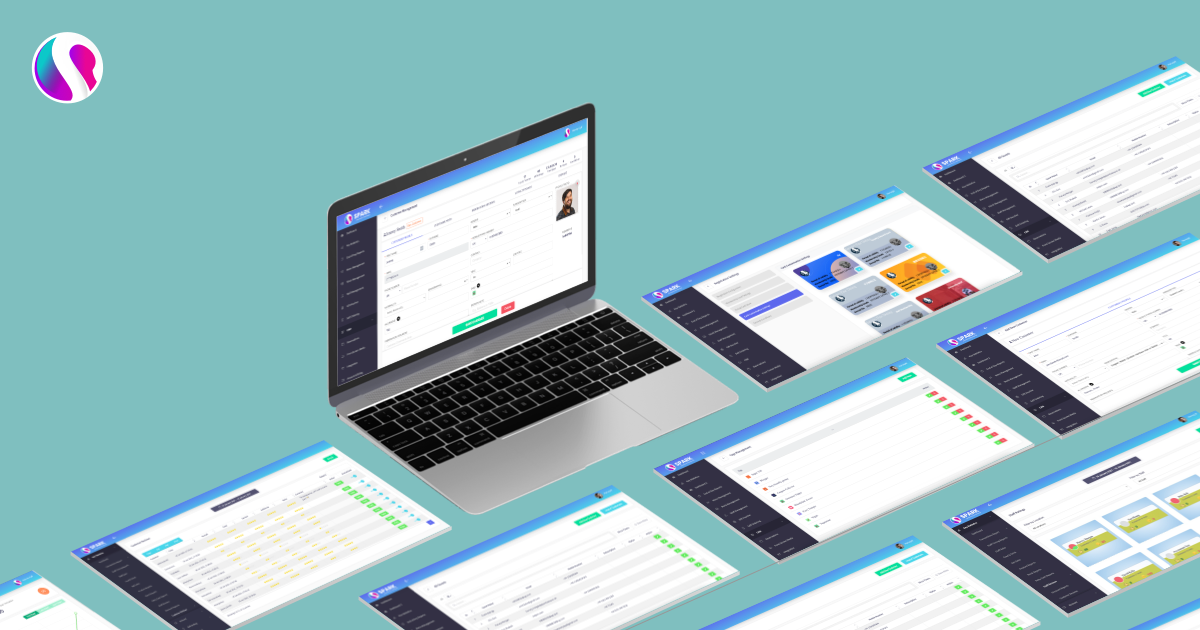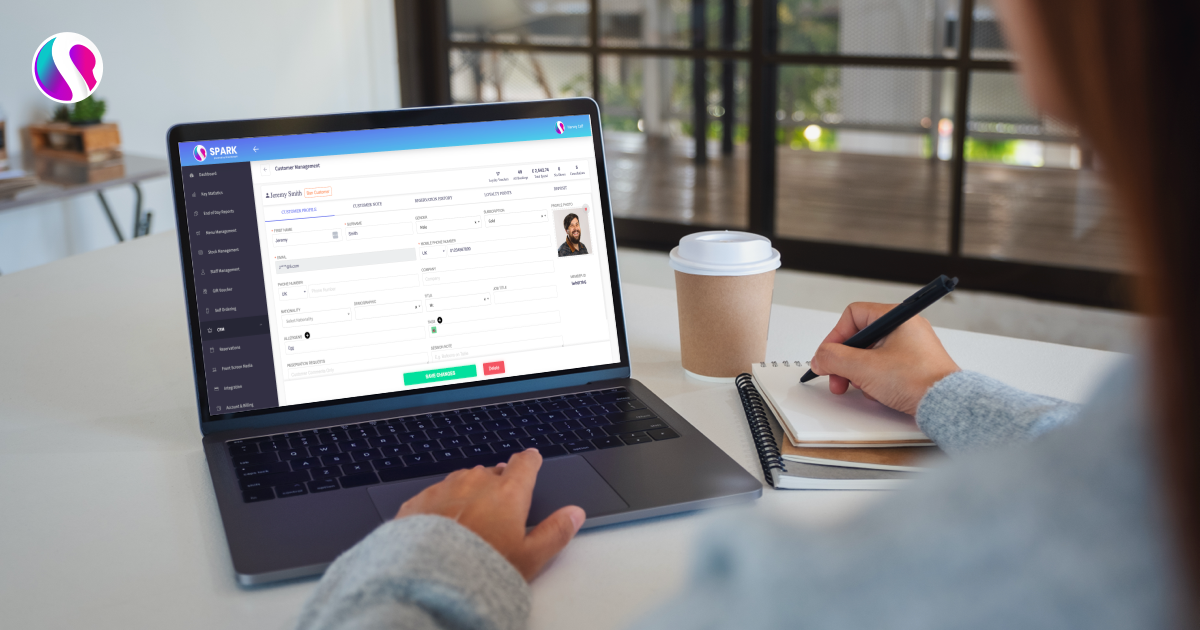Customer Relationship Management (CRM) is a powerful tool for businesses to manage their interactions with customers. One crucial aspect of CRM is creating and maintaining comprehensive customer profiles, which provide insights into customer preferences, behaviours, and interactions. When it comes to looking for a Hospitality CRM system, what are some key elements you should consider?
Why Customer Profiles are Important in CRM:
Customer profiles are a critical component of CRM as they allow businesses to understand their customers better. A well-crafted customer profile can enable personalised marketing, improve customer service, and drive customer retention and loyalty. By having a holistic view of customers' preferences, purchase history, communication preferences, and interactions, businesses can tailor their marketing efforts, provide relevant offers, and deliver personalised experiences, leading to increased customer satisfaction and loyalty.
Essential Elements of a CRM Customer Profile:
Running a successful hospitality venue requires a robust CRM system to provide a personalised experience for customers. However, before implementing a CRM system, it is crucial to determine the type of information that should be collected from customers.
Basic Contact Information: This includes customer's name, email address, phone number, and physical address. It serves as the foundation of a customer profile and enables businesses to communicate with customers effectively.
Demographic Data: This includes customer's age, gender, occupation, income, and other relevant demographic information. It provides insights into customer preferences, behaviours, and purchasing power, helping businesses tailor their marketing strategies.
Purchase History: This includes customer's past purchases, order history, and transaction details. It provides a snapshot of a customer's buying behaviour, preferences, and trends, allowing businesses to personalise marketing efforts and upsell or cross-sell opportunities.

Creating and Managing a CRM Customer Profile:
- Keep Data Accurate and Up-to-Date: It is crucial to ensure that customer profile data is accurate and up-to-date. Regularly verify and update customer information to maintain data integrity and reliability. Avoid duplicate entries and ensure that data is entered consistently and in a standardised format.
- Use Segmentation and Tagging: Segment customers based on various criteria, such as demographics, preferences, purchase history, and engagement levels. Use tagging or labelling features in your CRM system to categorise and organise customers based on specific attributes. This allows for targeted marketing campaigns and personalised communication.
- Regularly Review and Update Profiles: Customer preferences and behaviours change over time, so it's important to regularly review and update customer profiles. Keep track of customer interactions, purchase history, and any changes in contact information. Update profiles based on customer feedback and preferences to ensure relevancy and accuracy.
- Ensure Compliance with Data Privacy Regulations: Customer data is subject to data privacy regulations, such as GDPR or CCPA, so it's essential to comply with these regulations. Obtain proper consent from customers before collecting and storing their data. Implement data security measures to protect customer information from unauthorised access or breaches.
SPARK CRM
SPARK EPoS can provide a powerful customer relationship management system that can help businesses improve their customer interactions and grow their sales. This tool provides a range of features designed to streamline customer communications, including email marketing, customer segmentation, and loyalty program management. With the ability to track customer activity and preferences, businesses can personalise their interactions and deliver tailored offers to customers. Overall, SPARK's CRM tool is a comprehensive solution for businesses looking to improve their customer relationships and drive growth.

Creating and managing CRM customer profiles is a crucial aspect of effective customer data management. By including essential elements such as basic contact information, demographic data, purchase history, and interactions, businesses can gain valuable insights into customer preferences and behaviours, leading to personalised marketing efforts and improved customer engagement. Implementing best practices such as keeping data accurate and up-to-date, using segmentation and tagging, regularly reviewing and updating profiles, and ensuring data privacy compliance can further enhance the effectiveness of CRM customer profiles in driving customer satisfaction and loyalty.
Smart Hospitality Made Simple
How?
A Step By Step Guide to Opening a Cafe or Coffee Shop
Mastering Menu Pricing: In-Depth Restaurant Guide
Protect Your Business From Rising Inflation
Restaurant Tips For Surviving and Thriving During Those Busy Periods
Smart EPoS
EPoS: Changing EPoS Providers: When to Switch and How to Do It
Kiosk: Why Your Restaurant Needs Self-Service Kiosks
KDS: SPARK KDS: How It Can Improve Your Restaurant
Mobile Ordering: The Rise of Contactless Ordering
Stock Management: Managing Stock: Just as Important as Managing Staff
SPARK Pay: Benefits on how Contactless Payments can improve your restaurant!
CRM: How Hospitality Businesses Can Build Their Customer Base
Smart Robotics
ButlerBot W3: How Robotic Solutions Empowering Modern Hotel Operations?
Phantas: Efficient Cleaning Solutions: Harnessing The Power of Robotics
BellaBot: Introducing PUDU Robotics to the UK Market!
KettyBot: Ketty The Robotic Waiter Is At Your Service
HolaBot: Restaurant Automation: How Robotics Can Help Navigate Staff Shortages
PuduBot 2: Robotics in Hospitality: How they Improve the Guest Experience
SwiftBot: Will Robots Take Over Hospitality?



